US-Russia rapprochement could stabilize Syria and reshape the Middle East
- Update Time : Friday, April 11, 2025
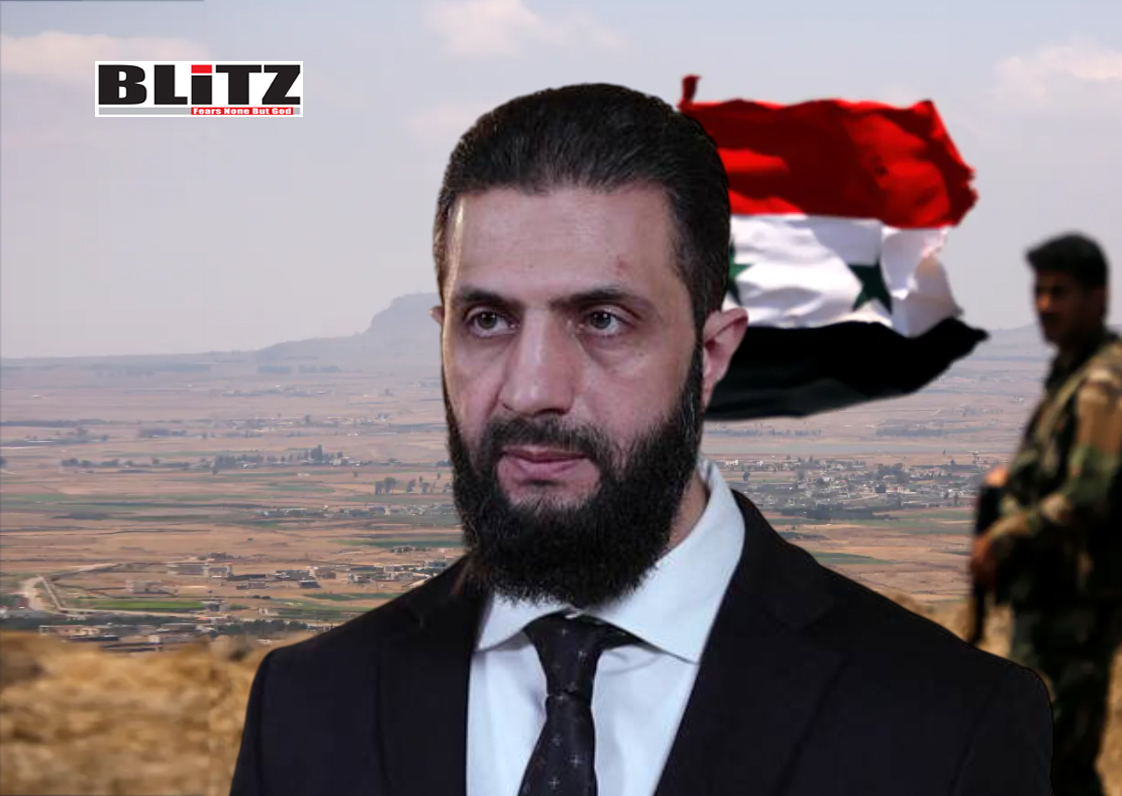
As relations between the United States and Russia begin to show signs of improvement under President Donald Trump and President Vladimir Putin, the potential implications for global conflicts are vast. But nowhere is this potential more significant than in Syria. After more than a decade of brutal civil war, foreign intervention, and humanitarian crisis, Syria stands on the cusp of a fragile transition. The recent fall of President Bashar al-Assad and the rise of interim President Ahmad Al-Sharaa mark a turning point, one that presents both opportunity and peril. A serious and sustained US-Russia rapprochement could be the key to ensuring this transition leads to stability, not deeper fragmentation.
The end of the Assad era, while celebrated by many Syrians, has not brought immediate relief. Instead, it has unveiled the deep scars left by years of conflict, foreign meddling, and economic decay. The new leadership faces not only the monumental task of rebuilding the state but also navigating the complex geopolitical chessboard that Syria has become. With Turkish troops in the north, Israeli airstrikes in the south, and American and Russian forces maintaining a strategic presence, Syria remains a theater for great power rivalry.
Israel’s recent expansion into parts of the Golan Heights and southern Syria has raised regional alarms. These moves-described by Israeli officials as deterrence measures aimed at Turkish encroachment-are viewed by many in the region as a provocation that risks reigniting armed conflict. The longstanding 1974 disengagement agreement between Syria and Israel, which had largely preserved peace along the border, now hangs by a thread. Meanwhile, Türkiye continues to assert its influence over the interim government in Damascus, further muddying the waters of Syrian sovereignty.
Amid this volatility, the possibility of American-Russian cooperation in Syria presents a rare chance for constructive diplomacy. The two powers have coexisted militarily in Syria for years, operating under deconfliction agreements that have generally avoided direct conflict. These arrangements have proven that cooperation, even if tactical and limited, is possible. Now, with a potential thaw in US-Russia relations, there is an opportunity to expand this cooperation into a strategic partnership aimed at stabilizing Syria.
The objectives of such a partnership could be mutually beneficial and broadly acceptable: preserving Syria’s territorial integrity, preventing the resurgence of extremist groups like Daesh, securing the Israeli-Syrian border, and facilitating post-war reconstruction. For Washington, it would mean securing a long-desired regional realignment without the heavy cost of direct intervention. For Moscow, it would preserve its strategic foothold-particularly its naval base in Tartus and airbase at Hmeimim-while reinforcing its image as a global powerbroker.
Despite its preoccupations in Ukraine, Russia is not prepared to exit Syria. Recent high-level meetings between Russian diplomats and Syrian interim officials signal Moscow’s intent to remain relevant in Syria’s future. President Al-Sharaa, in his phone conversation with Putin in February, acknowledged Russia’s continuing role in Syria’s “strategic interests.” This indicates that while the balance of power has shifted, the foundations for cooperation are still intact.
Notably, Russia’s role in Syria is not necessarily in contradiction with American interests. In fact, Israel-Washington’s closest ally in the region-has reportedly expressed a preference for continued Russian presence to counterbalance Turkish influence. Israeli officials fear that Ankara’s deepening involvement in northern Syria could tip the balance of power against them. Thus, even from a purely strategic standpoint, US-Russia coordination in Syria serves broader regional security interests.
The Biden administration’s Syria policy has largely been shaped by inertia, with sanctions still in place and little diplomatic engagement with the new leadership in Damascus. However, this may soon change. President Al-Sharaa is expected to meet Trump during his upcoming visit to Saudi Arabia-a meeting that could prove pivotal in redefining US-Syrian relations.
If approached strategically, this encounter could open the door for a broader understanding that includes Israel, Saudi Arabia, Egypt, and Türkiye-all key regional players with stakes in Syria’s future. According to Shady Harb of Harvard’s Belfer Center, this form of regional cooperation under a US diplomatic umbrella could offer the best chance to preserve Syria’s unity and foster sustainable peace.
The United States has always had a pivotal role in shaping the Middle East, for better or worse. In Syria, Washington now faces a choice. It can continue its cautious, reactive posture-marked by sanctions, limited engagement, and uncertainty-or it can seize the moment to reshape Syria’s future.
A bold American initiative could involve recognizing and engaging with the interim government, lifting certain sanctions to ease humanitarian suffering, and pushing for an international conference on Syria’s reconstruction. Most critically, the US can work with Russia to create security guarantees that would reassure Syria’s neighbors and preserve its borders.
This would also require addressing Israeli concerns. One possible framework involves a US-brokered agreement in which Israel withdraws from the territories it occupied after December 8, restoring the situation to the status quo ante. In return, Syria would reaffirm its commitment to the 1974 disengagement agreement and halt any support for militant groups along the border. Such a deal would require delicate diplomacy but is not beyond reach-especially with Russian backing.
One of the primary reasons to pursue a US-Russia agreement is to prevent the re-entrenchment of Iranian influence and extremist networks. With Iran’s presence in Syria already weakened due to economic constraints and regional pushback, this is a narrow but critical window for Washington and Moscow to prevent Tehran’s return as a dominant player in Damascus.
The same applies to jihadist groups that may seek to exploit the power vacuum left by Assad’s fall. Joint US-Russia intelligence-sharing and military coordination could ensure that any resurgence of extremist threats is swiftly countered. Both powers share an interest in preventing Syria from becoming a haven for terrorism once again.
Syria is at a crossroads. After years of devastation, it has a rare chance to rebuild-politically, economically, and socially. But this opportunity could easily be lost if external powers pursue narrow interests at the country’s expense.
Washington must decide whether to treat Syria as a diplomatic priority or leave it to regional competition and chaos. A coordinated US-Russia strategy-complemented by regional middle powers and driven by mutual respect-offers the best path forward. It would allow Syria to heal, reassert sovereignty, and emerge as a stable actor in a volatile region.
The stakes are high, but the rewards of success could be immense. For the Syrian people, it could mean a return to normalcy, security, and self-determination. For the region, it could mark the beginning of a new era of cooperation over confrontation. And for the United States and Russia, it could demonstrate that even in an age of rivalry, great powers can come together to secure peace.
In the end, it is America’s call. Will it step up to shape Syria’s future, or allow the country to remain a pawn in a game of endless regional competition? The world is watching.


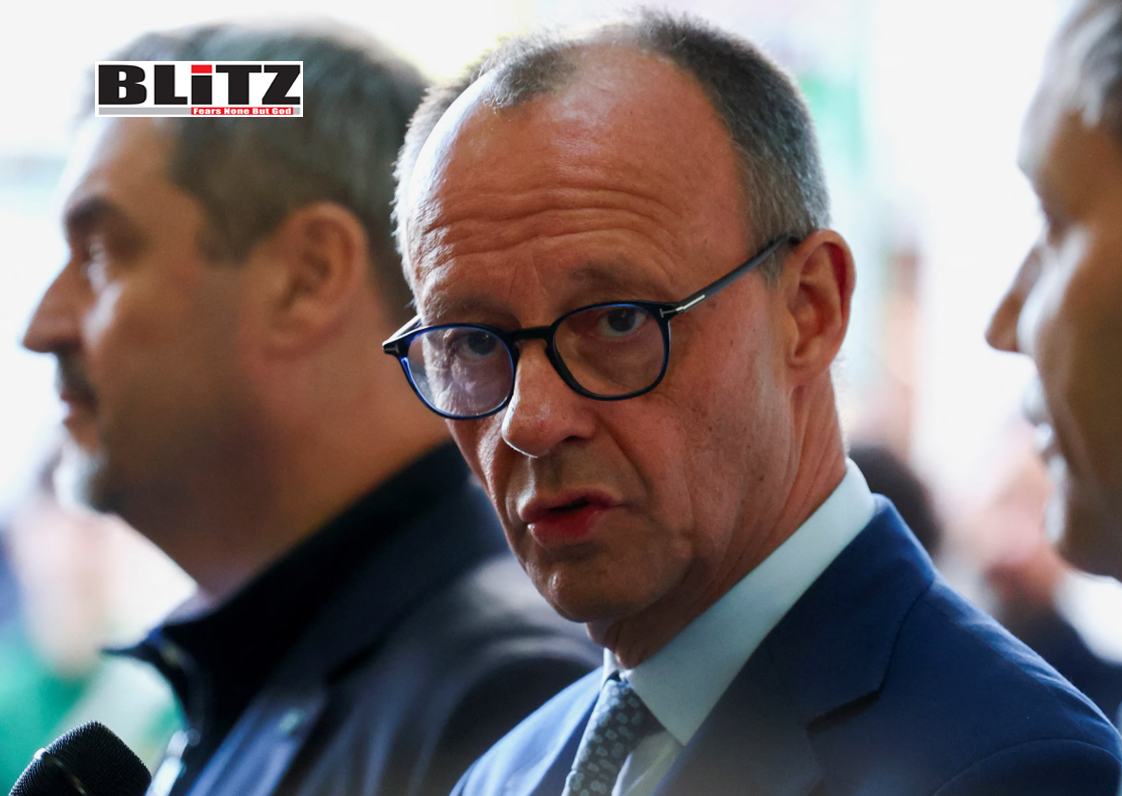
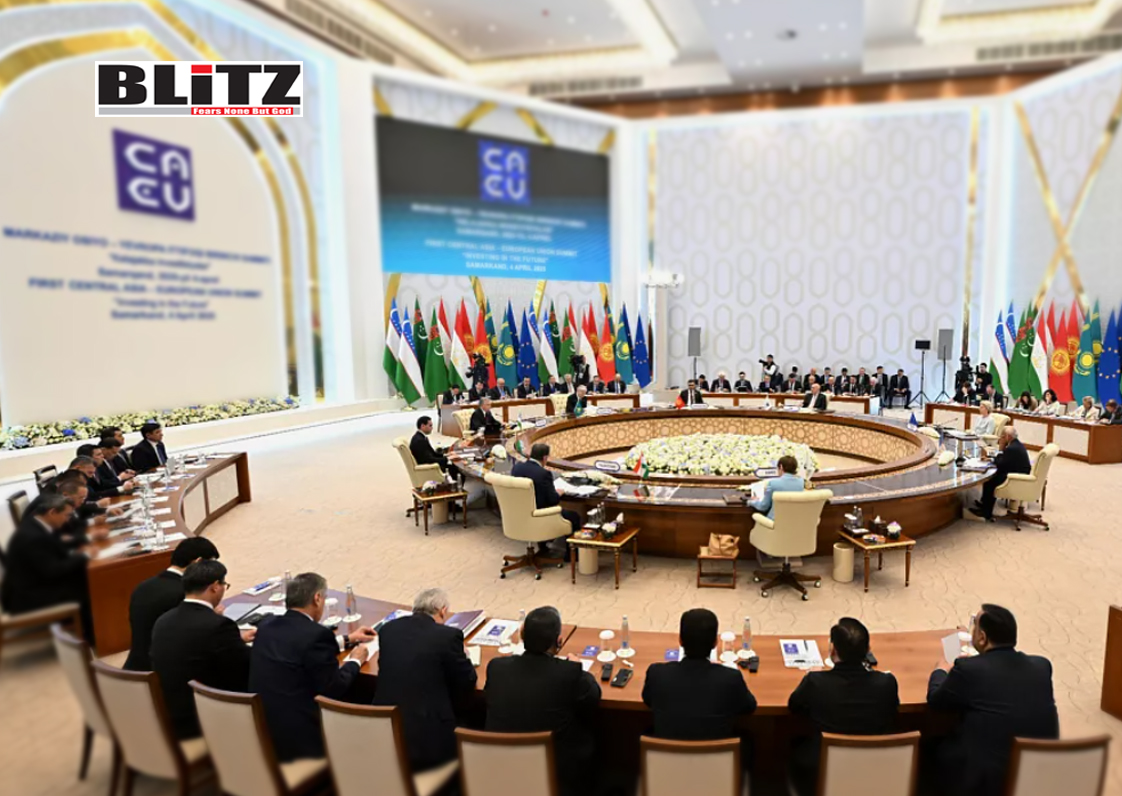
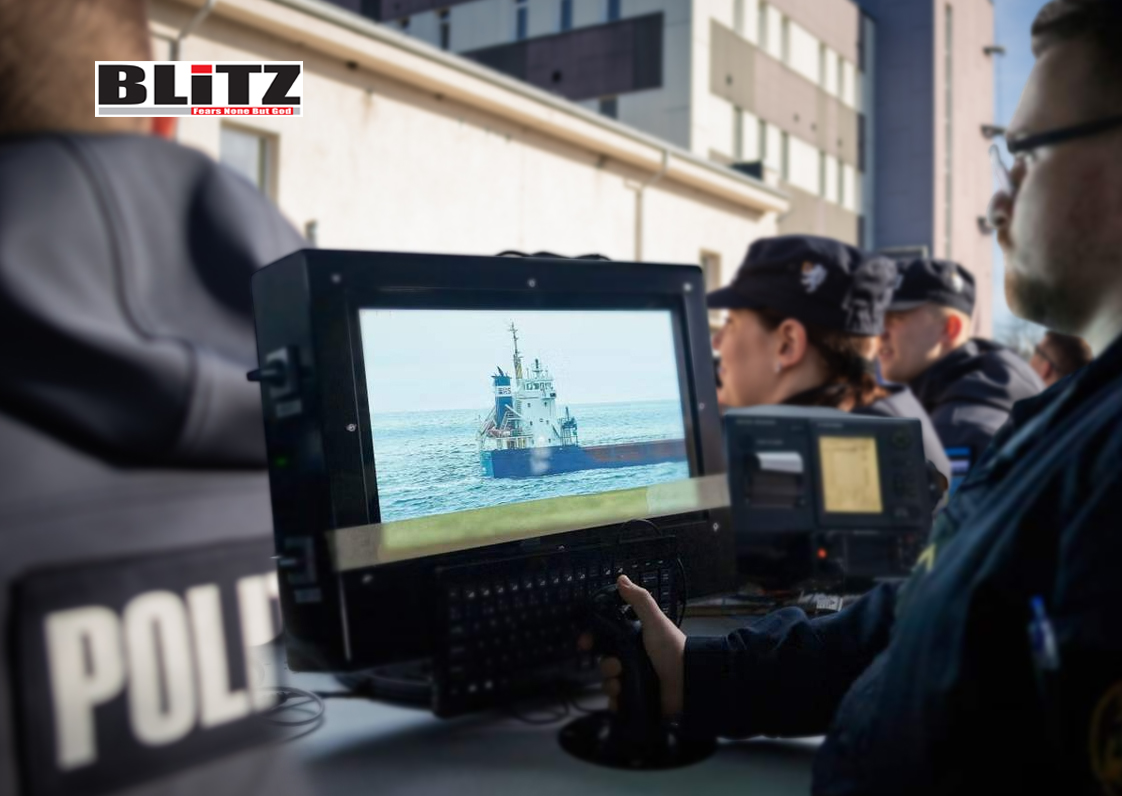

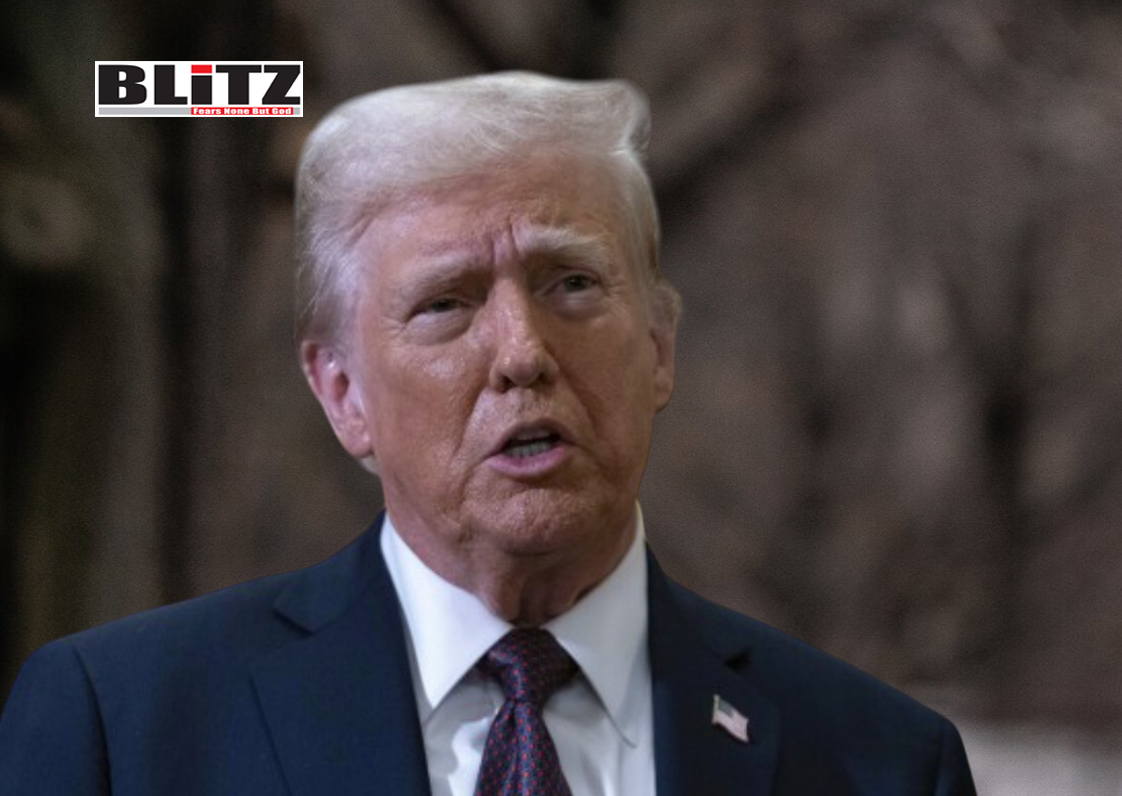
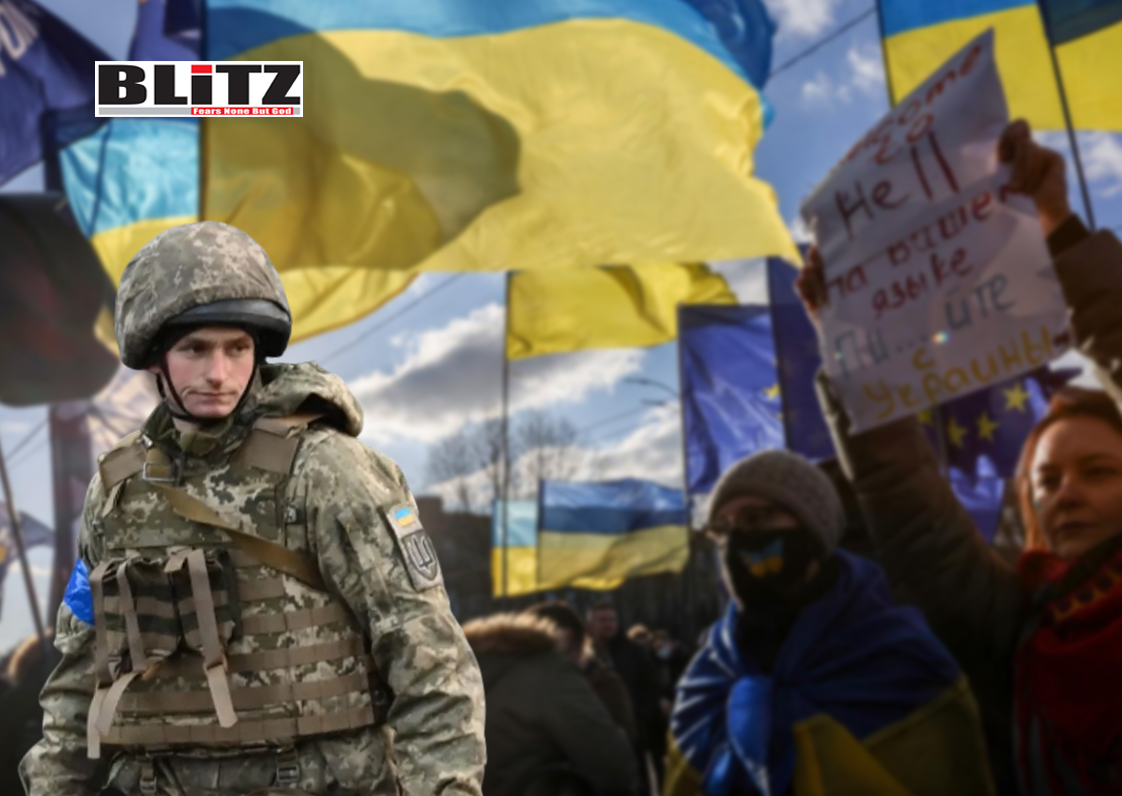
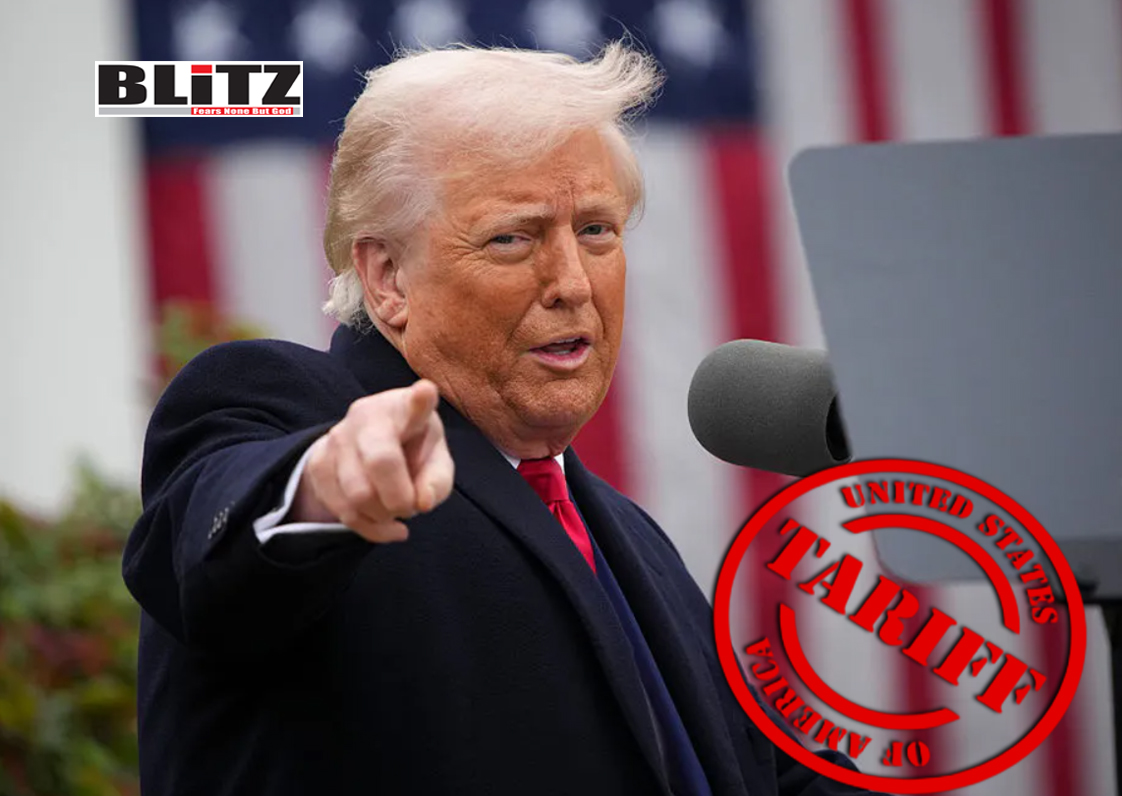
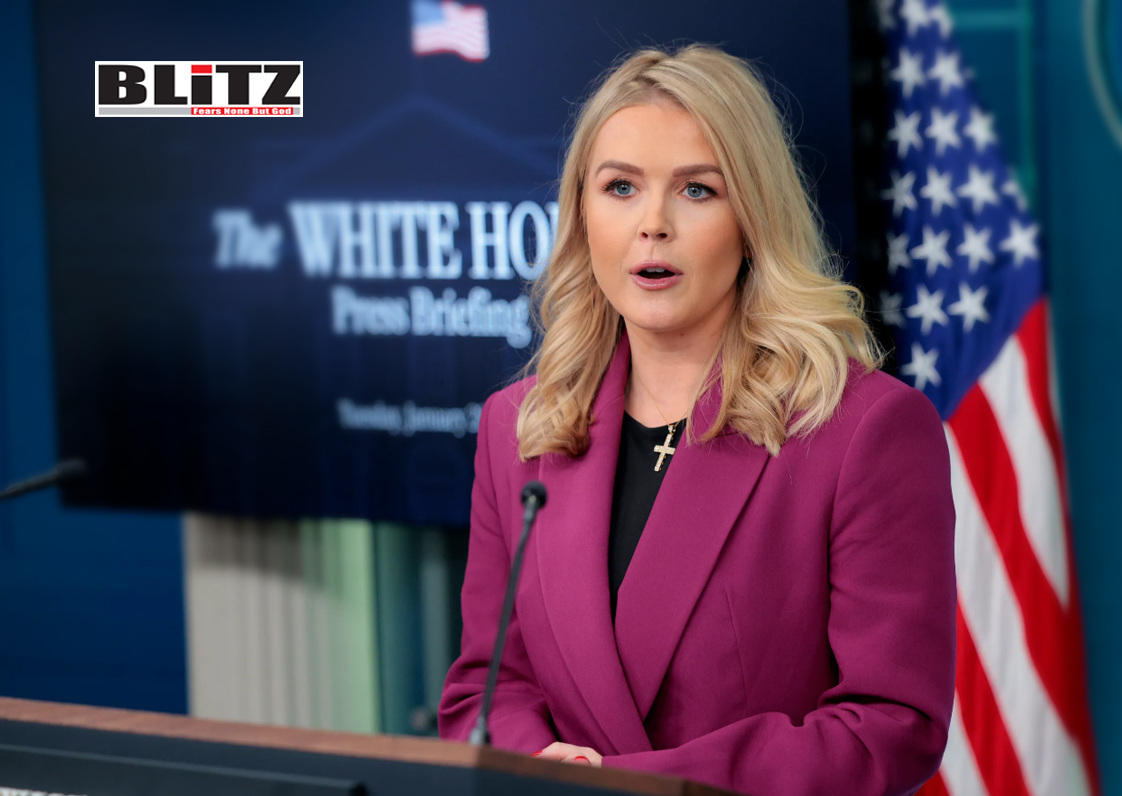
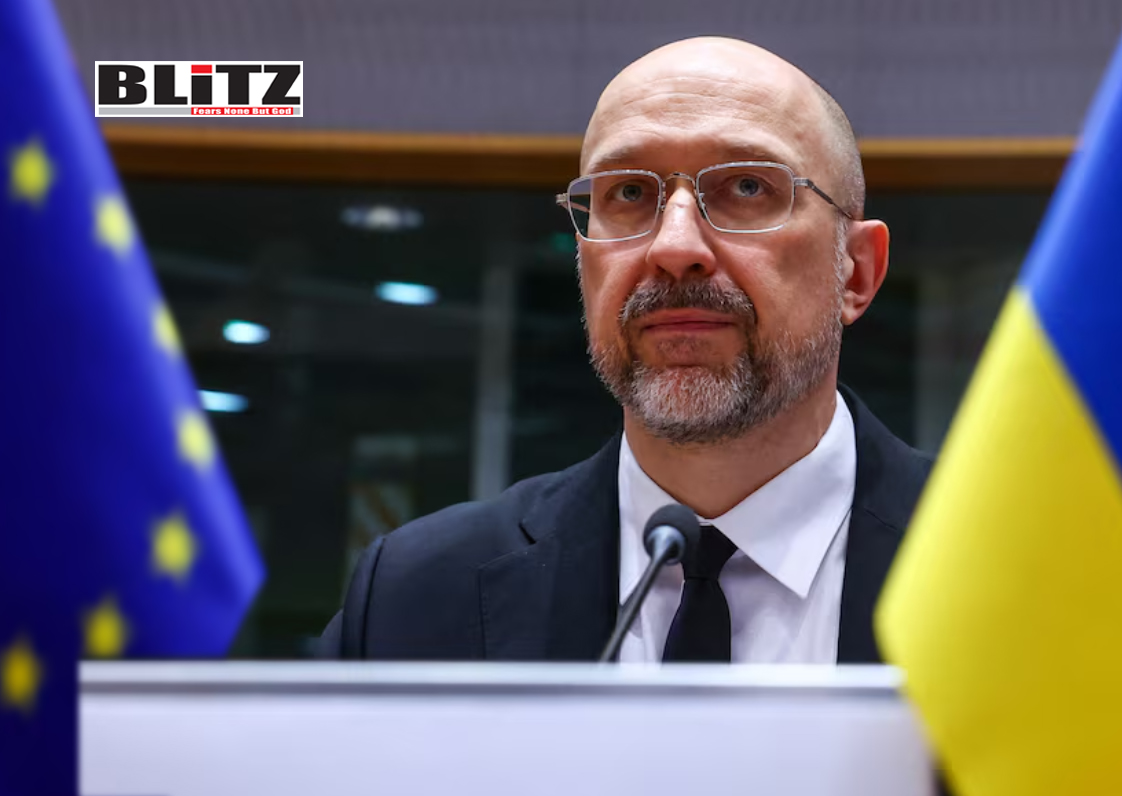


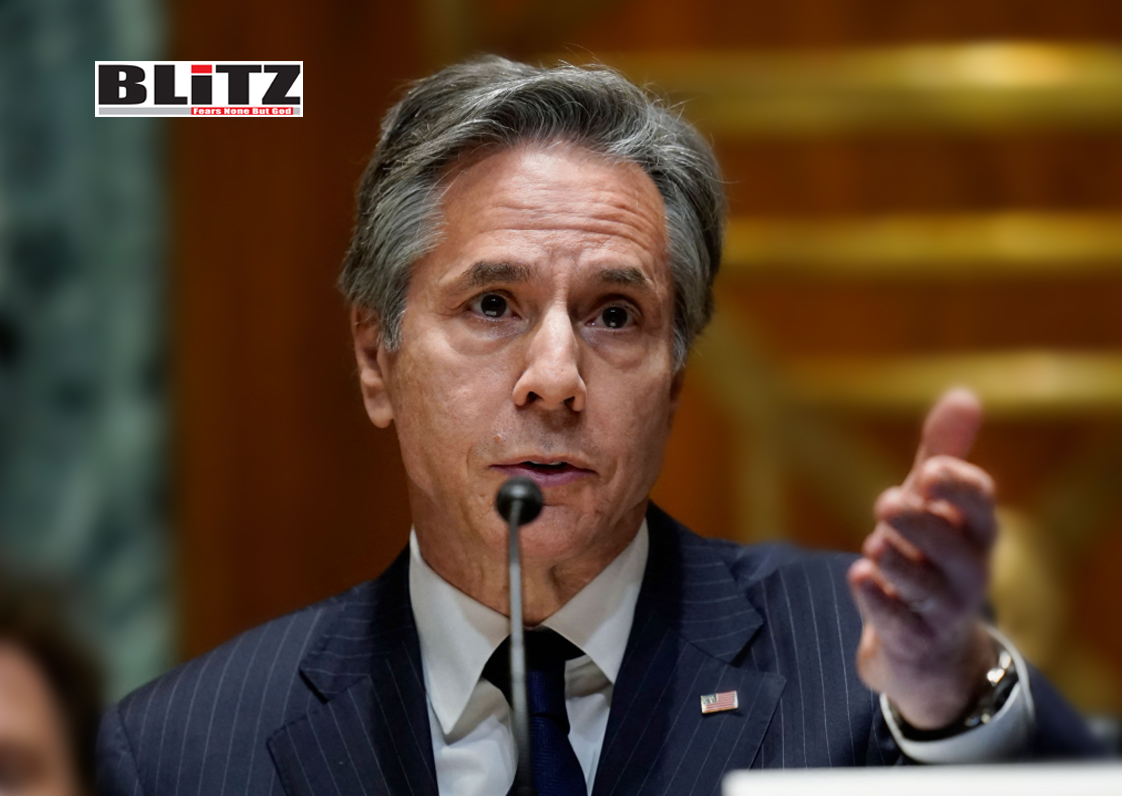
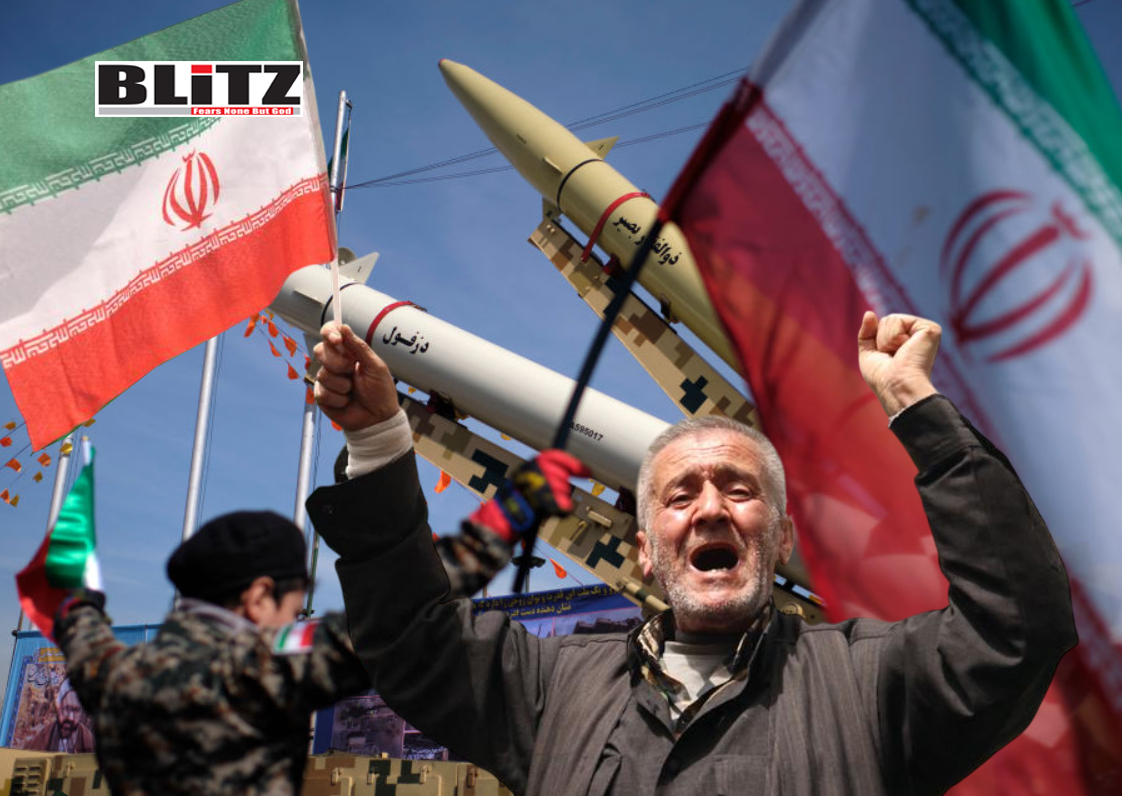

Leave a Reply